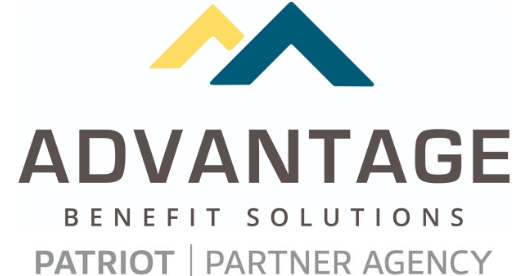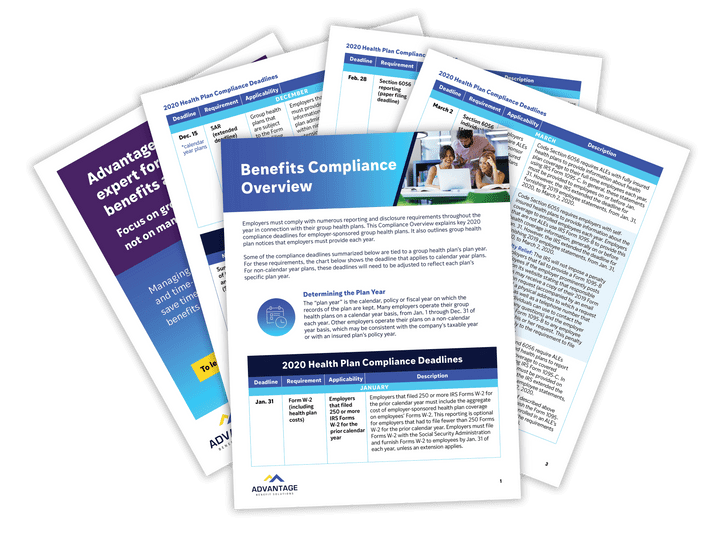What Employers Must Know About COVID-19 Vaccine Distribution
Although the global fight against the COVID-19 pandemic is likely to keep raging for at least a few more months, it appears that there is a glimmer of light at the end of the tunnel. News about potential COVID-19 vaccines is promising. There are a handful of viable candidates, and the FDA has already given their official approval to two vaccine producers.
What does all of this mean for employers? We’ll answer that question in this post.
Specifically, we’ll discuss:
- Who will be Vaccinated First
- Which Vaccines will be Available
- COVID-19 Vaccine Timeline
- Next Steps for Employers
Who will be Vaccinated First
Dr. Robert Redfield, Director of The Centers for Disease Control and Prevention (CDC) has approved a COVID-19 vaccine distribution plan. This recommendation comes from an independent panel of scientific advisors of the Advisory Committee on Immunization Practices (ACIP). Redfield approved their recommendation after the panel voted 13-1 in favor of the distribution plan.
This plan offers vaccine distribution to health care workers and residents of long-term care facilities before offering the vaccine to the general public. However, the ACIP stated that the current recommendation could change based on data that will become available in the coming weeks.
Which Vaccines will be Available
There are numerous COVID-19 vaccines in development, some of which have had such promising results that they have already been purchased and delivered to state governments in the United States for use by health care workers and other critical populations.
Below is a brief summary of the top two vaccines that have been successful enough to garner widespread media coverage:
- Pfizer/BioNTech: American pharmaceutical corporation Pfizer teamed up with German biotechnology company BioNTech to produce a vaccine. The FDA said on December 8th, 2020, that this vaccine is safe and effective, backing Pfizer and BioNTech’s earlier claims that the vaccine is over 95% effective and preventing COVID-19 in recipients. This vaccine requires a follow up dose about one month after the first dose.
- Moderna: Moderna is a Massachusetts-based vaccine developer. Their COVID-19 vaccine has also shown to be nearly 95% effective at preventing COVID-19. Moderna’s vaccine, just like that of Pfizer/BioNTech, has also received FDA approval as of December 18th.
Employers should know it is very likely that their state has already made an initial purchase of one of these two vaccines (if not both). If needed, employers or their health plan providers can contact their state health department to determine which of these vaccines will first be available for employees to receive.
COVID-19 Vaccine Timeline
As stated in the previous section, the FDA has indicated that both leading vaccine candidates are safe and effective. However, this does not mean that the vaccines have full government approval.
Combined, the two leading vaccine developers are prepared to distribute up to 22.5 million vaccine treatments before the end of the year. These treatments would first go to healthcare workers and residents of long-term care facilities.
Under the CDC’s recommendation, it wouldn’t be until the beginning of 2021 at the earliest for the general public to have access to the vaccine. However, it is ultimately up to each state to make local decisions about vaccine distribution. Most states that have announced distribution plans have strategies similar to what the CDC has recommended.
The projected timeline means that organizations should plan for the coronavirus pandemic to continue at least through the spring of 2021, and await more guidance for what COVID-19 vaccine distribution timelines will mean for workplaces.
Next Steps for Employers
Unless you are an employer in the health care or long-term care industries, you should not expect a vaccine to be available widely for your employees until at least a few weeks into 2021. However, there are things you can and should start doing now to ensure that your company benefits fully from the vaccine rollout:
- Many factors go into this decision, but you’ll want to determine whether your company will require employees to get the vaccine or not. There are pros and cons to requiring the vaccine. Regardless of what you choose, now is the time to make that decision and prepare accordingly. It’s best to work for an employment law attorney to develop a foolproof strategy in this area.
- Work with your HR and internal communication teams to start developing educational materials for your employees about the vaccine. Make sure they know what their options will be for how, when, and where to be vaccinated.
- Start coordinating the logistics of vaccinating your employees. Will you have on-site vaccinations available? Will employees be granted time off to go get vaccinated? How will you track who has been vaccinated? Will you make the vaccine available to the dependents of your employees?
- Determine how you can keep employees safe during the vaccination process. Clearly, the vaccine does not make someone immune from the moment they receive it. The currently-approved vaccines will require a follow-up dose in order to be effective. Ensure employees understand the need to remain cautious about contracting COVID-19 until they have received the second dose.
Key Takeaways
Employers should start making plans now to ensure that the upcoming COVID-19 vaccine rollout smoothly aligns with company operations. Here are the most important things to take away from this article:
- The CDC is recommending that health care workers and residents of long-term care facilities be the first people to receive the vaccination. However, this could change as more data is gathered and as more vaccines are approved.
- Business leaders in industries other than health care and long-term care should prepare for the likelihood that the vaccine will be available for employees several weeks into 2021, but not earlier.
- Employers should prepare employees to remain cautious about contracting COVID-19 at least through the spring of 2021. Even though we are close to having a widely available vaccine, the risk and threat of COVID-19 is still very strong.
- The leading two vaccine candidates are Pfizer/BioNTech and Moderna. They will most likely both receive full FDA approval very soon.
- Employers should start making plans for the logistics of vaccinating employees, including whether the vaccine will be required or not.






